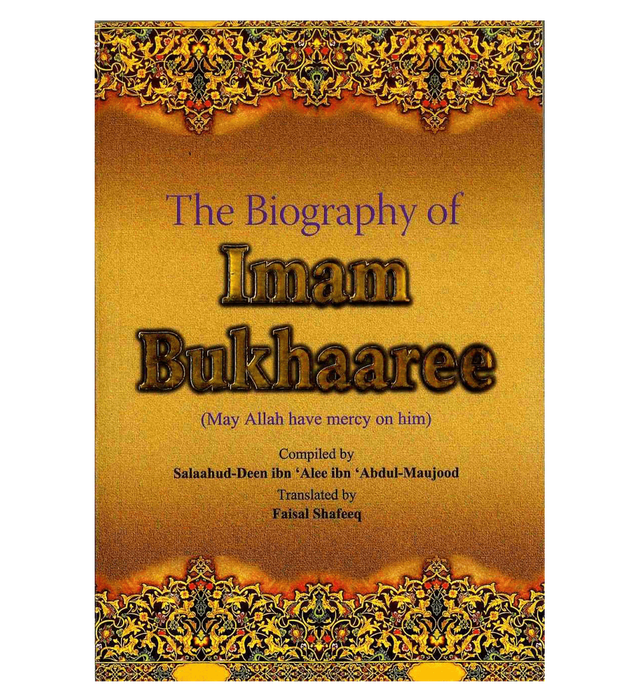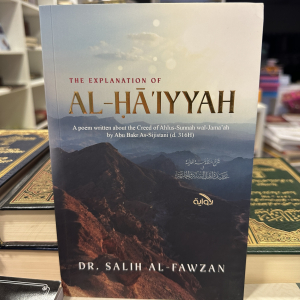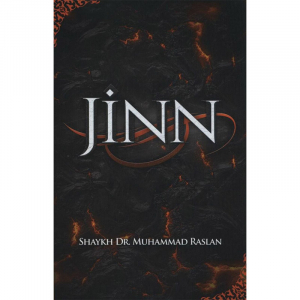- AL-HAFIZ IBN ABI AL-DUNYA
- AL-HAFIZ IBN RAJAB
- IBN QAYYIM AL-JAWZIYYAH
- IBN UTHAYMEEN
- IMAM ABU BAKR AL-AJURRI
- Imam al-Amir Muhammad ibn Isma`il al-Sana`ani
- Imam Al-Khatib al-Baghdadi
- Imam Al-Tirmidhi
- IMAM NAWAWI [D. 674 AH]
- Imam Ibn Abi Zayd al-Qayrawani (d. 389 AH)
- Imam Ibn Al-Jawzi
- IMAM IBN QUDAMAH AL-MAQDISI
- Imām Jalāl al-Dīn al-Suyūṭī
- Imām Muḥammad ibn ‘Abdu’l-Wahhāb
- Imam Muhammad Nasir al-Din al-Albani
- Shaikh ʿAbdu’l–Razzāq Ibn ʿAbdu’l-Muḥsin al-Badr
- Shaikh Ibn Baaz
- Shakyh Abdur-Rahman as-Sadi
- SHAYKH SALIH AL-FAWZAN
- SHAYKHUL-ISLĀM IBN TAYMIYYAH
- Yusuf Abdullah ibn Yusuf al-Wabil
This is the second in a series of books on the biographies of Muslim scholars. I hope to focus not just on their contributions to the vast wealth of Islamic knowledge with which Allah has blessed this nation, but also on the more private and personal aspects of their lives: their manners, their piety, and their worship. These are issues we need to learn about, for the people of this nation cannot hope to achieve a return to their past glory and honor unless they assume the qualities that, in effect, defined the Muslims of the first few generations of Islam. Sadly, many Muslims are today ignorant of even the names of our past scholars, never mind their biographies or contributions to Islam. Thus cut off from the past, many Muslims are in a state of ignorance and confusion, and seem to be waiting for someone to light up the way for them. Most people are tired of listening to speeches, and everyone wants to see people who represent, through their demeanor and deeds, a practical manifestation of the religion of Islam. One has to look far and wide to find people who fit these criteria – though we still have scholars who are noble in speech and in deed (and all praise is for ALLAH). But in reality, one does not have to go far to find such people, for their lives are recorded for us in history books; and here I am referring to the scholars of the early generations of Islam in particular, as well as to later scholars who followed the way of their pious predecessors












